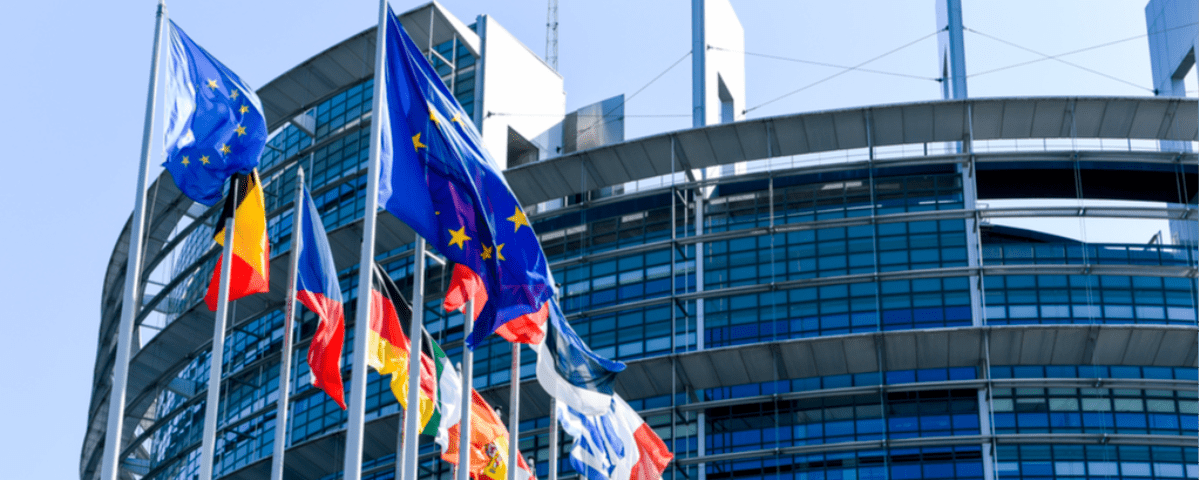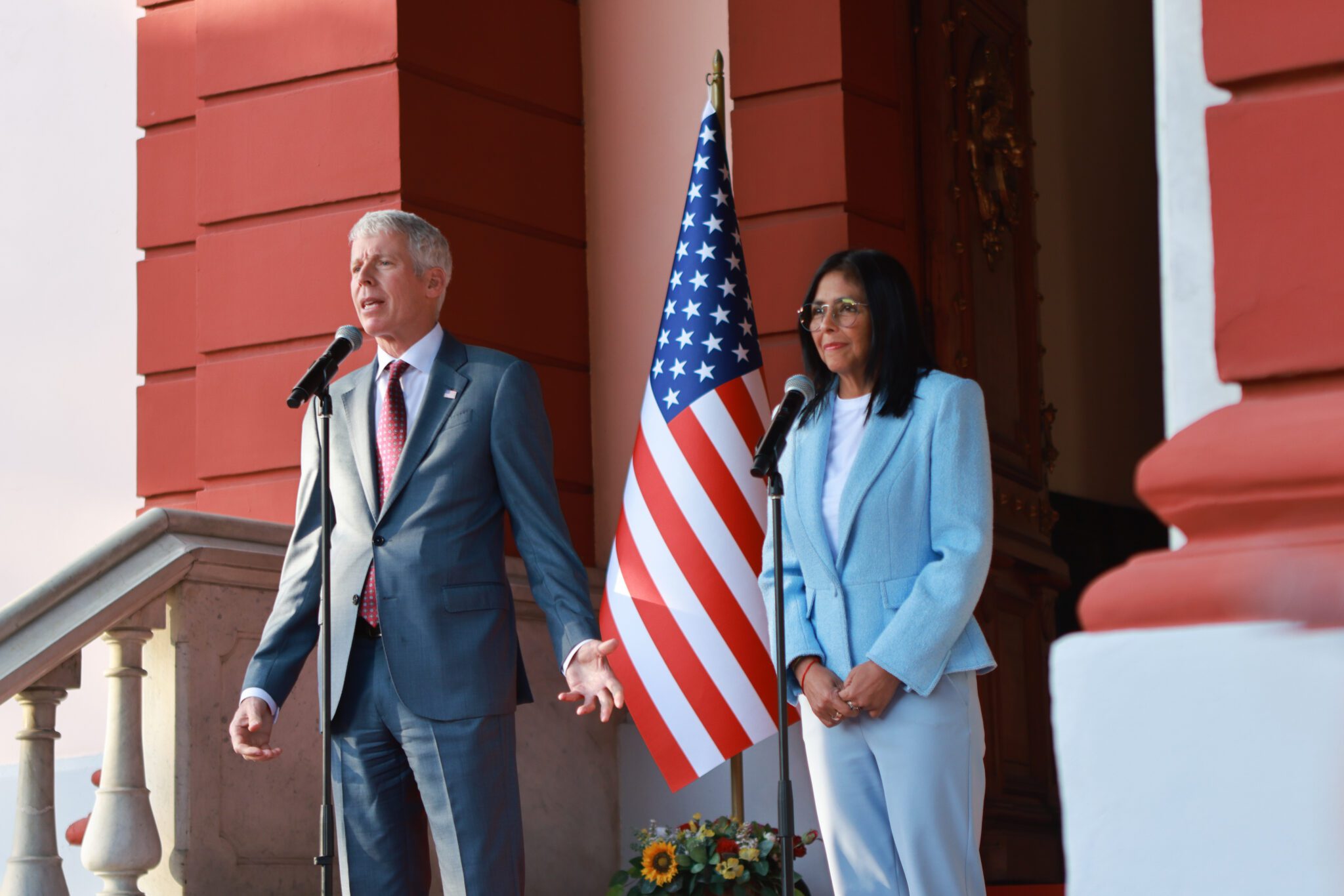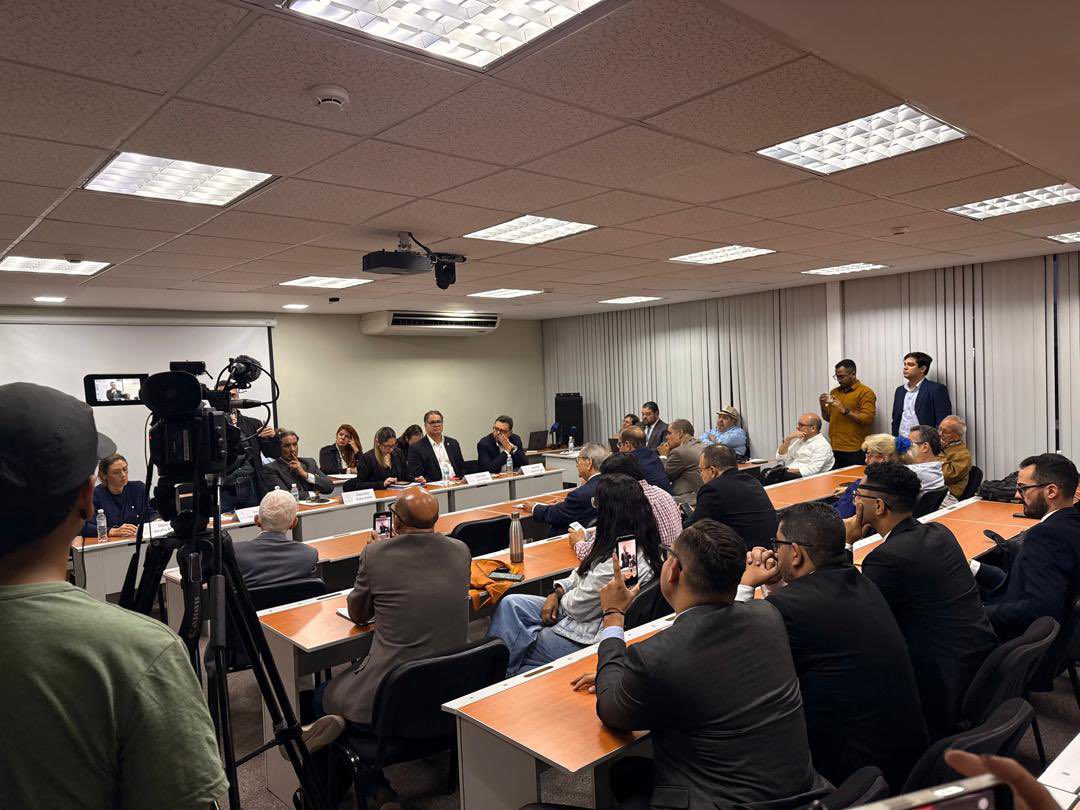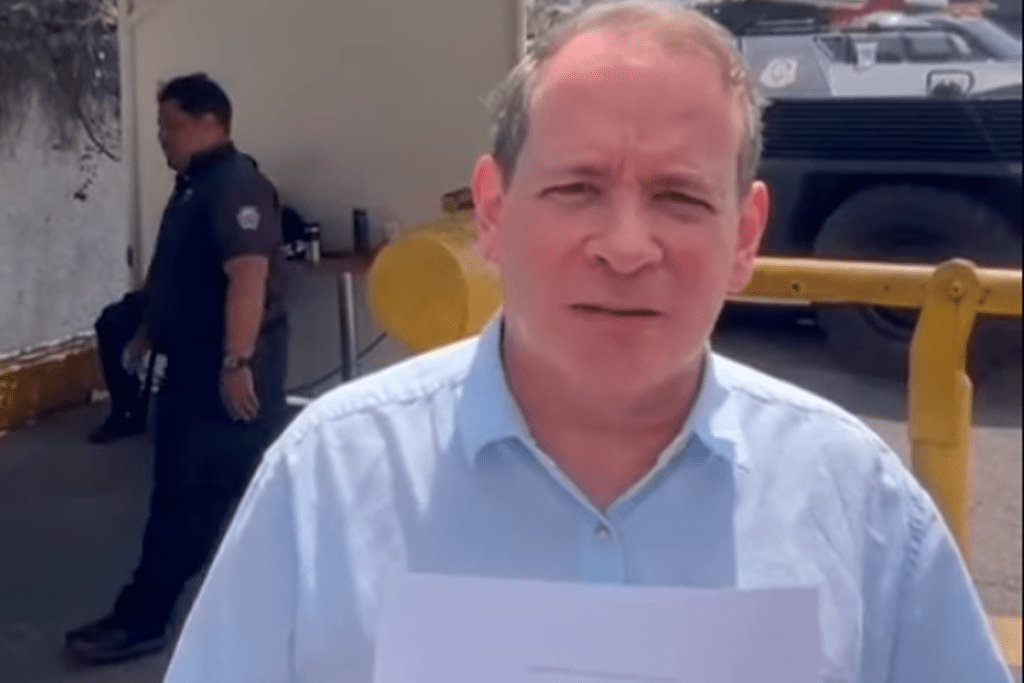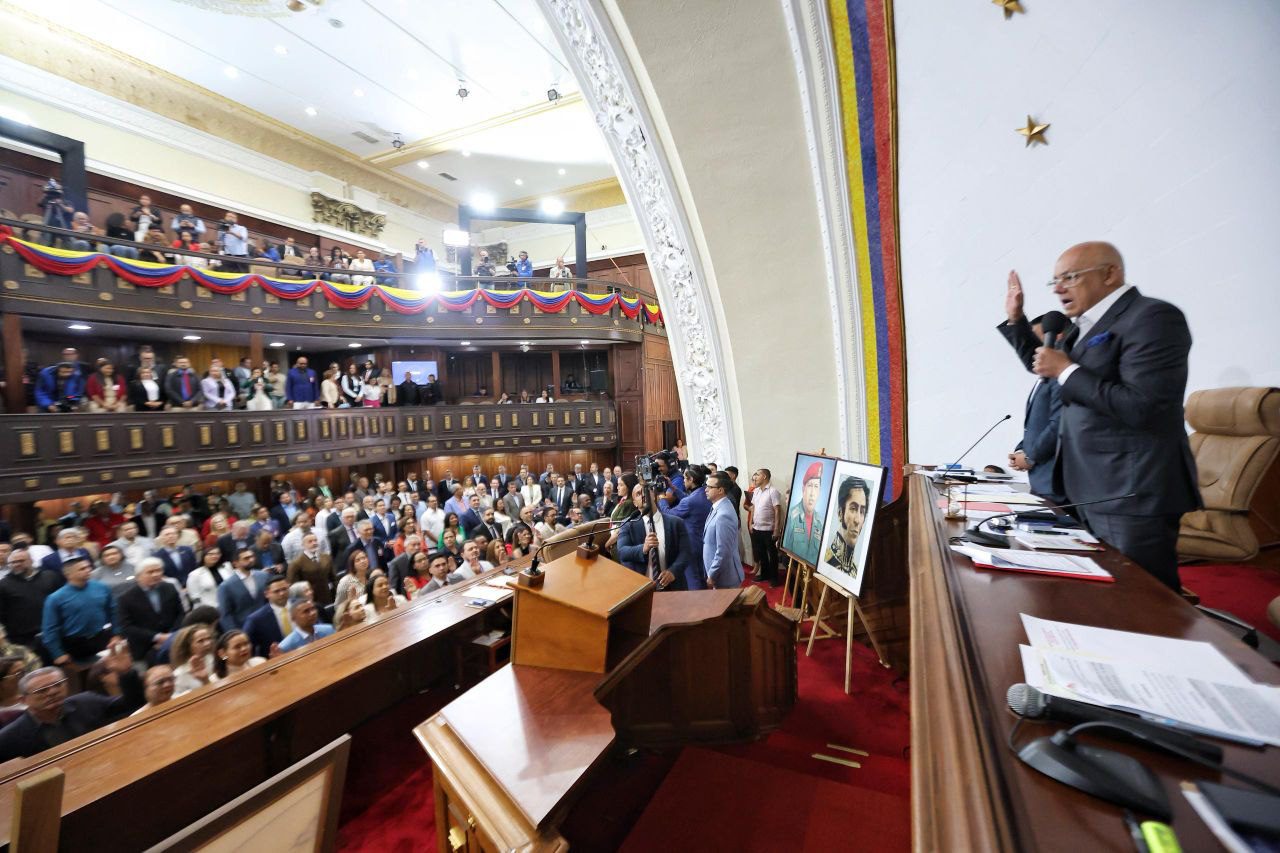With 355 votes in favor and 173 against, the European Parliament expressed its concern over the alleged expansion of organized crime and activities linked to drug trafficking, arms smuggling, and money laundering in the border area between Colombia and Venezuela. Photo: European Parliament Multimedia Center.
Guacamaya, September 11, 2025. The European Parliament approved a resolution on September 11 requesting the European Union to designate the so-called “Cartel of the Suns” as a terrorist organization, aligning with a decision previously made by the United States and replicated in countries such as Ecuador, Argentina, and Paraguay. Although the text is non-binding, MEPs warned that the criminal networks operating on the Colombia-Venezuela border represent a growing threat to regional security.
With 355 votes in favor and 173 against, the European chamber expressed its concern over the alleged expansion of organized crime and activities linked to drug trafficking, arms smuggling, and money laundering in the border area between Colombia and Venezuela. Additionally, European lawmakers proposed including the Gulf Clan and the dissident factions of the FARC—the Central General Staff (EMC) and the Second Marquetalia—in the same category, groups identified by Bogotá as the main actors in drug trafficking in the region.
While the Venezuelan opposition welcomed the resolution, the government of Nicolás Maduro denied the existence of the “Cartel of the Suns” and accused Washington of using this argument as a political pretext. Critical voices, such as those of organized crime experts, argue that it is not a traditional cartel but rather fragmented drug trafficking networks that have operated with the complicity of sectors within the security forces.
However, experts from organizations such as Insight Crime argue that the so-called Cartel of the Suns does not fit the conventional model of a drug cartel. Instead, it is described as a loose and fragmented network of narcotrafficking cells embedded within Venezuelan security forces, operating under protection and, at times, direct involvement of political actors. Other analyses go further, questioning its very existence and interpreting it as a politically driven narrative.

